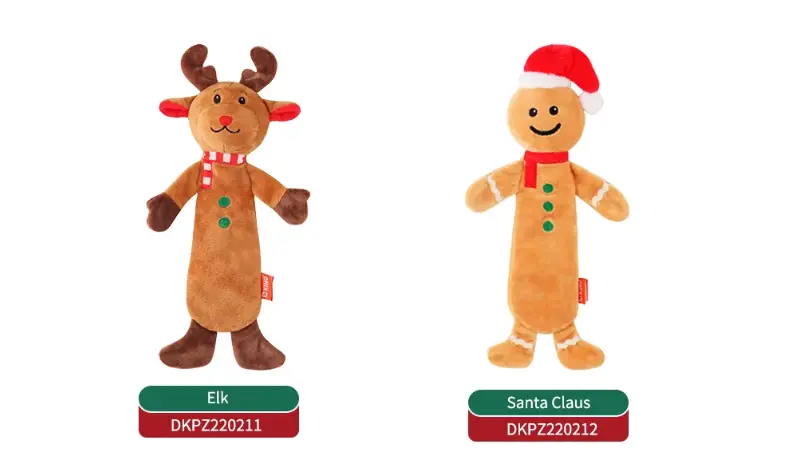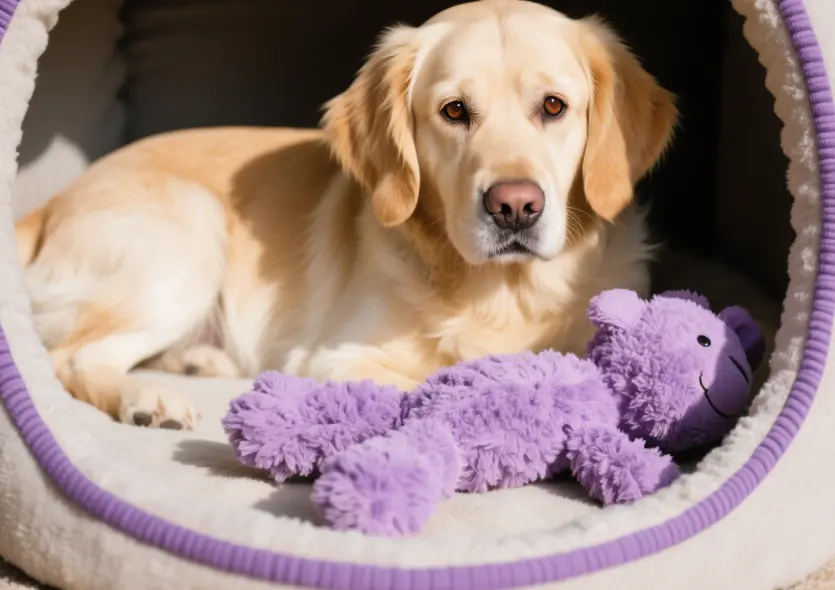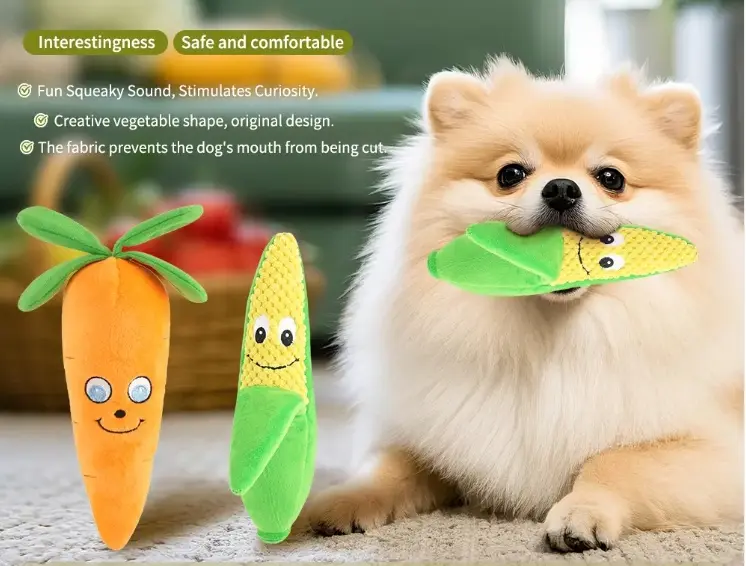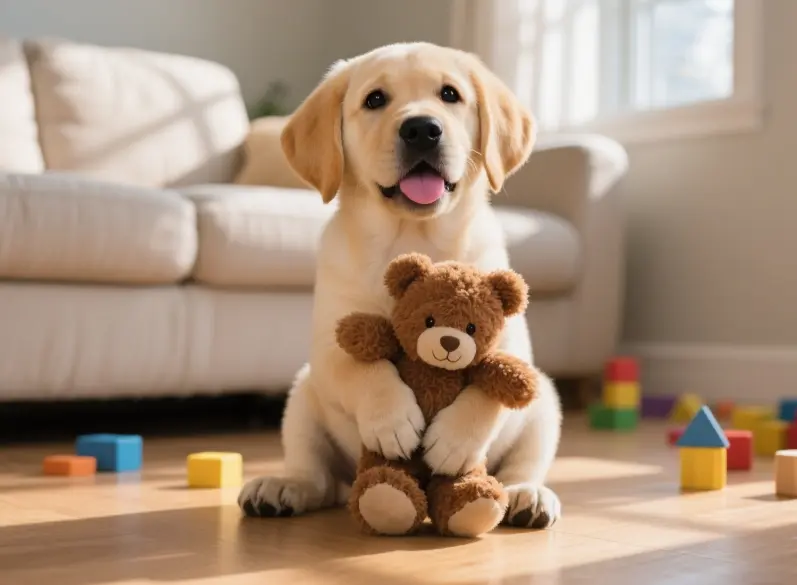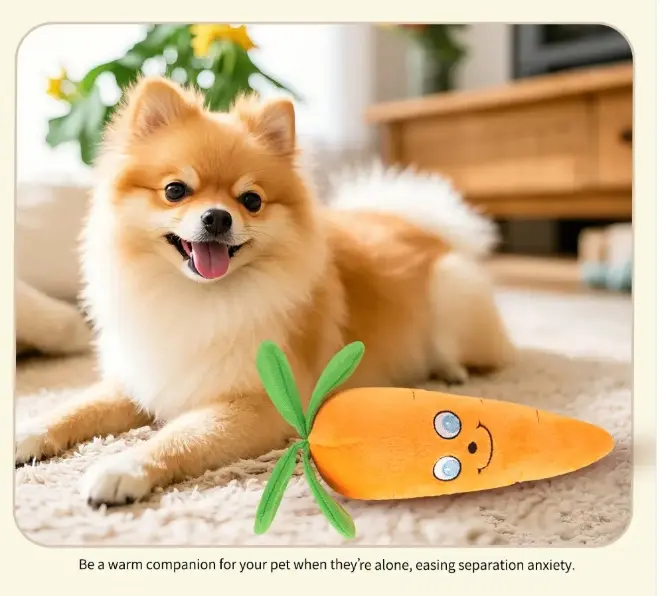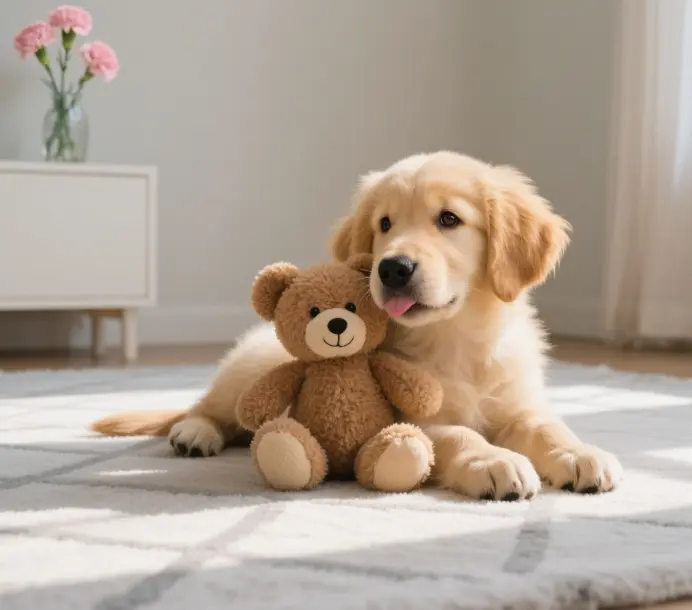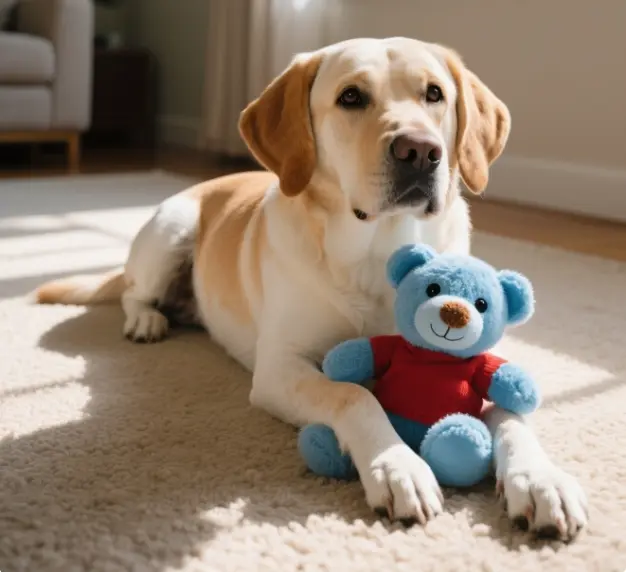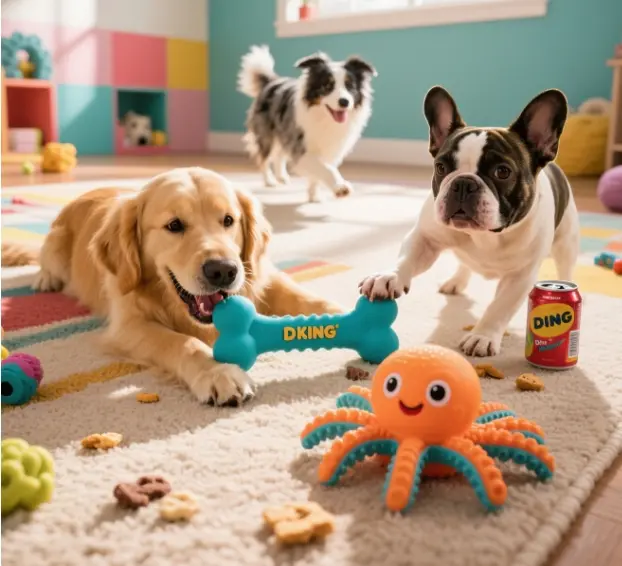0102030405
Why Does My Dog Suck on His Toy
2025-05-29
Dogs are fascinating creatures with a wide range of behaviors that can sometimes leave their owners puzzled. One such behavior is when a dog sucks on its toys. While it might seem strange at first glance, there are several reasons behind this seemingly odd action. Understanding these reasons can help dog owners better care for their furry friends and ensure their well - being.
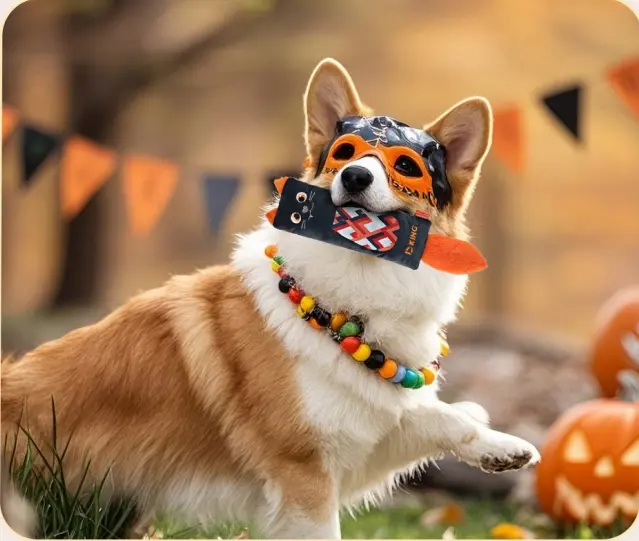
One of the primary reasons dogs suck on their toys is related to their early development. Just like human babies, puppies explore the world using their mouths. Sucking on toys can be a natural instinct that stems from their nursing period. When puppies are young, they suckle on their mother’s teats for nourishment. Even after they are weaned, the comforting sensation associated with sucking may persist. Toys, especially soft and plush ones, can mimic the texture and feel of their mother’s fur and teats, providing a sense of security and comfort. This behavior is often more common in younger dogs as they transition from the nursing stage to independence.
Another reason for this behavior could be anxiety or stress. Dogs, like humans, can experience emotional distress due to various factors such as changes in the environment, separation from their owners, or the introduction of new pets or family members. Sucking on toys can serve as a self - soothing mechanism. The repetitive motion and the familiar smell of the toy can help calm their nerves and reduce feelings of anxiety. For example, if a dog is left alone for long periods, it may start sucking on its favorite toy as a way to cope with the loneliness and stress of being separated from its owner.
Oral fixation can also play a role in a dog’s tendency to suck on toys. Some dogs simply have a stronger need to chew and suck due to their breed characteristics or individual personalities. Breeds that were originally bred for tasks involving their mouths, such as retrieving or herding, may be more prone to oral behaviors. Additionally, dogs that haven’t been provided with appropriate outlets for their chewing and sucking instincts, like Chew Toys or interactive puzzles, may turn to their regular toys for this purpose.
In some cases, sucking on toys could be a sign of a nutritional deficiency. Dogs that lack certain vitamins or minerals in their diet may exhibit abnormal behaviors, including excessive sucking or chewing. If a dog suddenly starts sucking on its toys more frequently than usual and there are no apparent environmental or emotional changes, it might be worth consulting a veterinarian to rule out any underlying health issues related to nutrition.
It’s important for dog owners to observe their pet’s behavior closely. If the sucking on toys is accompanied by destructive chewing or signs of distress, it could indicate a more serious problem. On the other hand, if it’s a gentle, occasional behavior that seems to bring comfort to the dog, it’s likely just a harmless quirk. To address excessive sucking, providing a variety of appropriate chew toys, engaging in regular playtime, and ensuring a stable and stress - free environment can all be helpful strategies.
In conclusion, a dog sucking on its toys is a complex behavior with multiple possible explanations. By understanding the reasons behind this behavior, dog owners can take the necessary steps to ensure their pets are happy, healthy, and well - adjusted. Whether it’s a sign of comfort, stress, or a physical need, being attuned to our dogs’ behaviors allows us to provide them with the best care possible.

